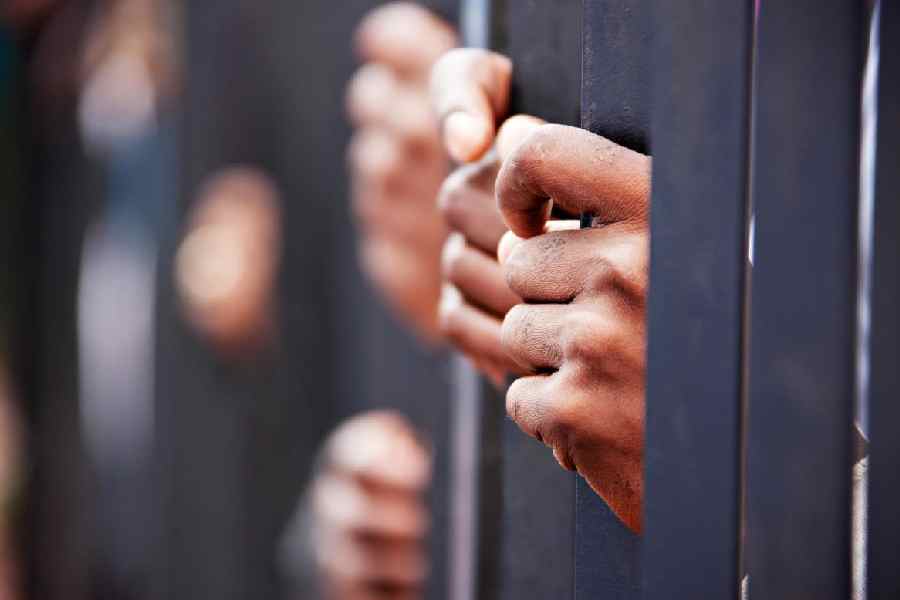The Supreme Court on Friday issued notices to the Centre and the Election Commission on a petition seeking voting rights for around 4.50 lakh undertrial prisoners across the country.
Advocate Prashant Bhushan, appearing for petitioner and activist Sunita Sharma, submitted that nowhere in the world were prisoners prevented from voting.
The petitioner, among other things, has sought directions to the Centre and the EC to set up polling stations in jails for local prisoners and postal ballot facilities for inter-constituency/ inter-state prisoners. The petition has excluded prisoners accused of corruption and poll-related offences from its scope.
According to the petitioner, global research has revealed that there is no blanket ban on voting rights, except in cases where a person has been convicted of a serious offence.
“Even in our neighbouring country, Pakistan, undertrial prisoners retain their voting rights and even the Indian Penal Code/ Bharatiya Nyaya Sanhita do not provide for any provision to take away voting rights of prisoners.
“Under the Constitution, the right to vote is derived from inclusion in the electoral roll. Disqualification from electoral rolls may be imposed solely on grounds of non-residence, unsoundness of mind, or crime, corrupt, or illegal practices,” the petition stated.
Bhushan told the bench of Chief Justice B.R. Gavai and Justice K. Vinod Chandran that Section 16(1)(c) of The Representation of the People Act, 1950, disqualified a person from voting solely on two grounds — for violating laws related to corrupt practices and electoral offences.
However, Section 62(5) of the RPA inadvertently imposes a blanket ban on all incarcerated individuals who are otherwise qualified electors, rather than applying solely to MPs, Bhushan argued.










